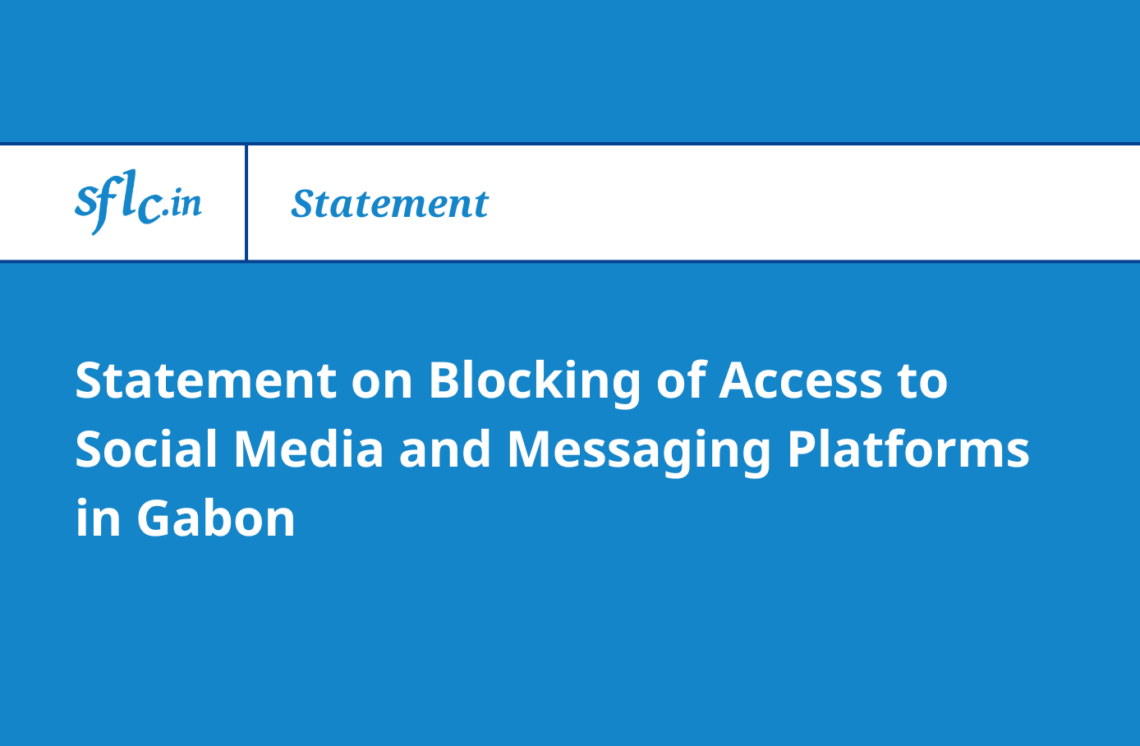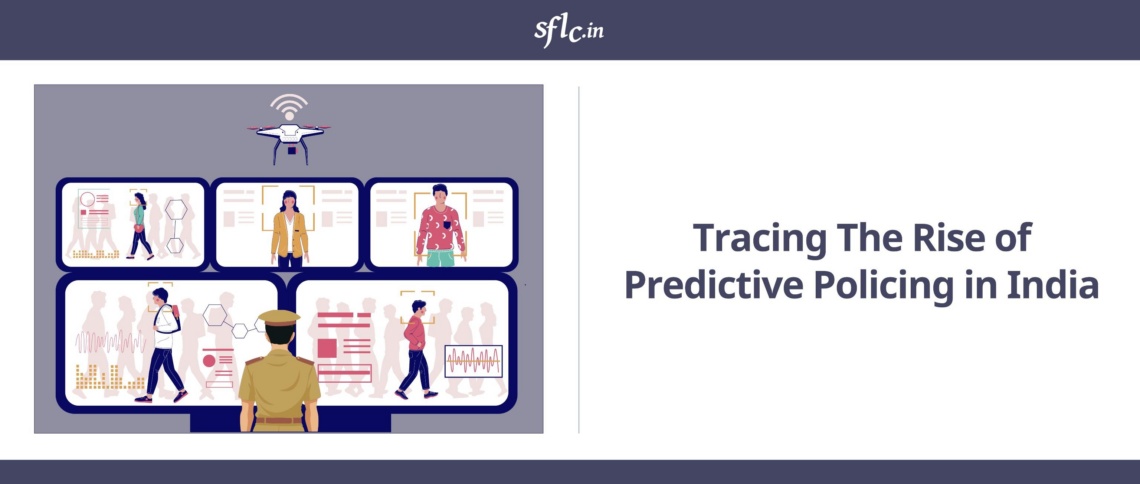On day 36 of the final Aadhaar hearing, Attorney General K.K Venugopal resumed his submissions and stated that Article 110(1)(g) is a standalone provision and there can be a money bill that does not relate to Article 110(1)(a)-(f) of the Constitution but is still covered independently under Article 110(1)(g). Therefore, the Aadhaar bill did not have to be passed by the Rajya Sabha. Chief Justice of India, Dipak Misra interjected and said that Section 57 is an enabling provision that allows state legislatures to introduce Aadhaar for various services. The State legislature may or may not introduce it as a money bill. The nature of the bill will be examined if it is challenged in a court of law.
Further, Mr. K.K Venugopal cited Articles 122 (Courts not to inquire into proceedings of the Parliament) and 255 (Requirements as to recommendations and previous sanctions to be regarded as matters of procedure only) of the Constitution in support of his money bill argument.
Next, Mr. Venugopal talked about Aadhaar-telecom linking. He asserted that currently, Aadhaar is not mandatory to obtain a new mobile connection but there will be no chance of forgery and fraud if Aadhaar is linked to SIM card. He then stated that Aadhaar was made optional as per the direction of the Supreme Court but it will only remain optional till the final disposal of the matter.
Mr. Venugopal concluded his submissions for the respondents by reiterating that no core biometrics data is shared under the Aadhaar Act and read out the offences and penalties laid down under the Act. He vehemently asserted that we cannot accuse a democratic government of such conspiracy. Mr. Venugopal mentioned that the State takes offense to the fact that words such as “electronic leash” and “concentration camps” were used by the petitioners’ counsels.
Senior Advocate Shyam Divan began the rejoinder for the petitioners. He stated that this is the first time in a democracy that something like the Central Identities Data Repository (CIDR) has been implemented. He emphasized that the Supreme Court is at the vanguard of balancing human rights and new technologies.
Mr. Divan submitted that surveillance has three elements: identity of the person, date and time, and location. He referred to an affidavit filed by the State, appending an expert report by Maninder Agarwal of IIT Kanpur who is also a member of the technology and architecture review board and security review board of Aadhaar. Mr. Divan stated that the report admits that tracking the location of a person is possible with Aadhaar. He contended that Prof. Agarwal admitted that the last five years of location data can be accessed with the verification log. Even without the verification log, current data of a person can be tracked by UIDAI, according to Mr. Divan.
Mr. Divan submitted that Aadhaar is not just a privacy issue, it is also a limited government issue. The coercive power of the State cannot extend to creating an infrastructure that is capable of tracking people, he emphasized. Mr. Divan stated, “Can we have a law or system that sets up an authority that does not comport with our democracy? I’m speaking about a rudimentary level of surveillance. I’m not even talking about commercial surveillance.” He also argued that UIDAI’s registered device is capable of tracking people.
On the point of balancing of rights, Mr.Divan stated that Aadhaar is an impairment of Part III of the Constitution and this was a moment in time to take a firm stance. J. Chandrachud interjected and said that there is an inexorable march of technology and the kind of safeguards we should take while balancing human rights with innovation is something we have to consider.
Concluding his submissions for the day, Mr. Divan went through a list of questions put forth by the petitioners to UIDAI and read out the answers given by the same. Mr. Divan informed the bench that UIDAI in their answer have said that they do not take responsibility for correct/incorrect identification but only provide a matching system, which in essence, is a self certification/declaration system. Further, he stated that UIDAI takes no responsibility for ensuring correct name, address, date of birth of the Aadhaar enrolee. In the end, he highlighted that UIDAI has not answered how many authentication rejections have taken place. If an individual is successful in performing five authentications a year, it is considered hundred percent successful.



